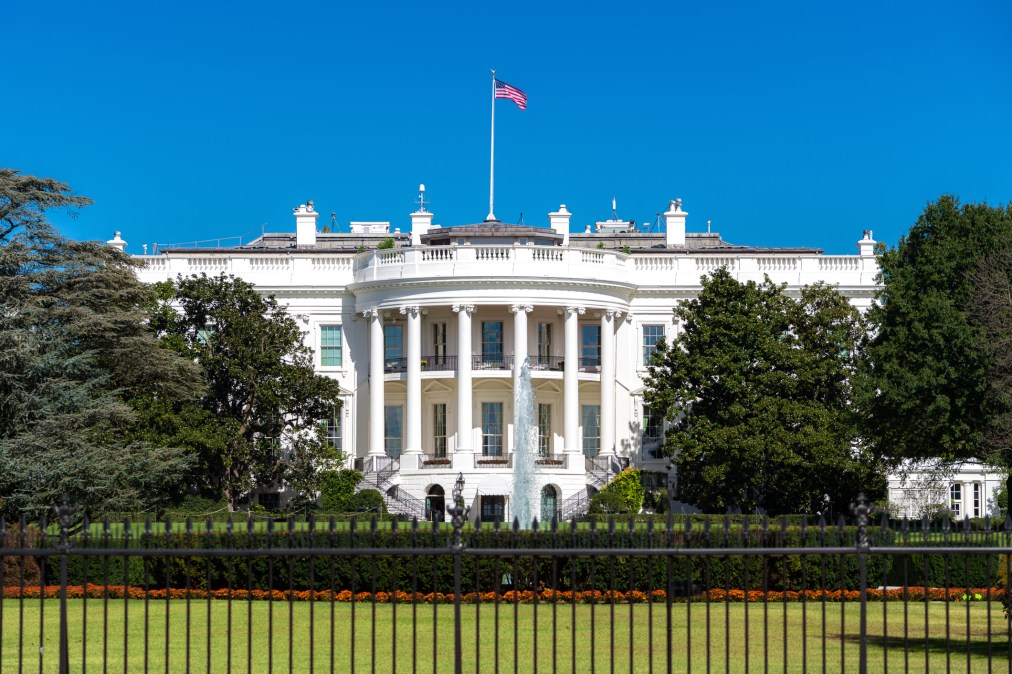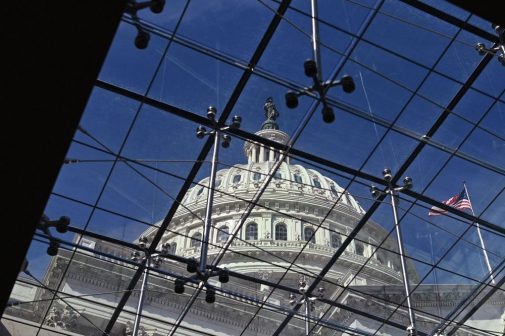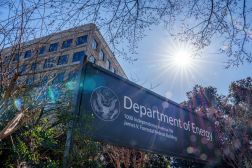Trump re-establishes PCAST, says it will pursue science without ‘ideological agendas’

The Trump White House on Thursday unveiled its plans for the President’s Council of Advisors on Science and Technology, the advisory panel started under George W. Bush that this new administration says will be aimed at prioritizing scientific and technological advancements and the termination of “bureaucratic barriers.”
President Donald Trump’s executive order positions this iteration of PCAST as a body that will refocus science and technology policy to “emphasize results-driven excellence and merit-based achievement,” according to the fact sheet.
“The pursuit of scientific truth is under threat from ideological agendas that prioritize group identity over individual merit, enforce conformity at the expense of innovative ideas and inject politics into the heart of the scientific method,” the fact sheet states.
The fact sheet continued: “PCAST will restore excellence by bringing together the brightest minds from academia, industry, and government to prioritize measurable results, foster innovation, and dismantle barriers to scientific progress.”
In Trump’s first administration, then-Office of Science and Technology Policy Director Kelvin Droegemier said that “by convening a diverse group of our nation’s foremost leaders across a broad range of fields, we can leverage the full innovation ecosystem” of PCAST.
Membership
For this administration, PCAST will be composed of up to 24 members and chaired by the assistant to the president for science and technology (APST) along with the AI and crypto czar. According to the executive order, the rest of the members must be “distinguished individuals and representatives from sectors outside of the federal government” that have diverse perspectives and expertise in science, tech, education and innovation.
The APST (former CTO Michael Kratsios) and AI and crypto czar (venture capitalist David Sacks) can designate two vice chairs from the PCAST among the non-federal members to support the co-chairs in the leadership and organization of the group, the order states. Additionally, the APST can designate the U.S. chief technology officer as a member.
The Biden administration’s PCAST was composed of up to 26 members and held similar guidance for appointing the federal CTO as a member. However, the previous administration appointed the science adviser as co-chair and allowed two non-federal members to serve as additional co-chairs.
Function and purpose
The Biden administration looked to PCAST for advice concerning scientific and technological information needed to inform policy concerning the environment, racial equity, education, homeland security, worker empowerment and more.
In July, the last PCAST sent a letter to the White House recommending actions to expand the talent pool for federal workers skilled in science, technology, engineering and math. Advisers urged agencies to “ambitiously expand” the government’s Pathways Programs to address STEM talent shortfalls.
In Trump’s re-establishment of PCAST, he outlines the function as advising the president with the information needed to inform policy decisions surrounding “the American economy, the American worker, national and homeland security, and other topics.”
The purpose of PCAST, framed in the executive order, is to “achieve and maintain unquestioned and unchallenged global technological dominance,” especially as it pertains to national security.
“Today, across science, medicine, and technology, ideological dogmas have surfaced that elevate group identity above individual achievement, enforce conformity at the expense of innovative ideas, and inject politics into the heart of the scientific method,” the executive order states.
It continues: “These agendas have not only distorted truth but have eroded public trust, undermined the integrity of research, stifled innovation, and weakened America’s competitive edge.”






